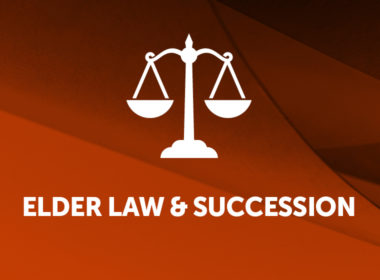Snapshot
- Fiduciaries should bear in mind that they are able to apply for judicial advice,
(i.e. seek to obtain the ‘sanction of the court’), when they need clear and risk-free guidance about the future discharge of their duties. - Those who fit within statutory definitions and, possibly, those with an obligation to administer property for the benefit of others, can apply.
- The sanction of the court will give the fiduciary protection from personal liability.
Usually unpaid, fiduciaries bear a risk that their actions will attract personal liability. For instance, a legal personal representative (‘LPR’) such as a trustee, executor or administrator risks losing the indemnity that their costs be paid from the estate (or trust) if they are found to have unreasonably pursued litigation to collect the assets of the estate. But an LPR is also at risk of personal liability if they don’t take appropriate action to collect the assets of the estate, and that action may require litigation. Other fiduciaries, like an attorney, have similar dilemmas. Acting in the interests of the principal, the attorney must balance recovering the principal’s property with preserving the property. But a wrong decision may result in personal liability.
Faced with these dilemmas, a fiduciary may consider it helpful to seek judicial advice and obtain the ‘sanction of the court’ before taking action.


